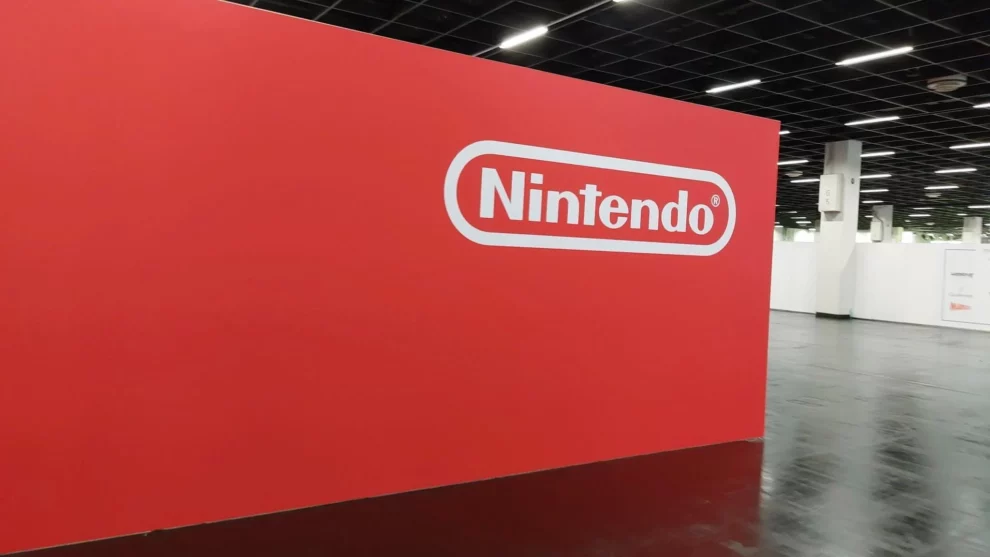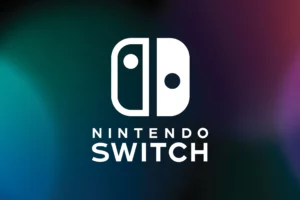Nintendo has launched a $7.5 million lawsuit against Jesse Keighin, a streamer who allegedly taunted the company while broadcasting unreleased Switch games. The legal action, filed in Colorado District Court this week, marks another aggressive step in Nintendo’s ongoing campaign to protect its intellectual property.
According to court documents, Keighin’s activities went beyond simple copyright infringement. Over the past two years, he allegedly streamed as many as 50 pre-release Nintendo Switch titles using emulation software, including the recent Mario & Luigi: Brothership. What particularly drew Nintendo’s ire wasn’t just the illegal streaming, but Keighin’s provocative attitude toward the company’s attempts to stop him.
“[I] can do this all day,” Keighin reportedly wrote in a direct message to Nintendo, showcasing a boldness that may have ultimately led to his undoing. The gaming giant is now seeking damages of $150,000 for each instance of alleged copyright infringement, potentially leaving Keighin facing a staggering $7.5 million in penalties.
The lawsuit details how Keighin’s streams typically consisted of lengthy gameplay sessions of leaked titles without commentary, directly undermining Nintendo’s carefully planned marketing strategies for new releases. The company argues that these unauthorized broadcasts not only compromised their pre-release marketing efforts but also encouraged others to download pirated versions of unpublished games.
When Nintendo initially responded by shutting down his monetized YouTube channel and other social media accounts, Keighin allegedly doubled down on his defiance. Rather than backing off, he promised to help others locate “newer and updated copies” of discontinued Switch emulators, essentially throwing down the gauntlet to Nintendo’s legal team. In one particularly pointed post, he declared, “LOVE YA’LL! CAPITALISM IS CANCER! MY CHANNEL IS BEING DELETED FOR SHARING GAMEPLAY VIDEOS! THIS IS YOUR REWARD!”
This case represents the latest development in Nintendo’s intensified crackdown on emulation, leaks, and piracy. Throughout 2024, the company has been particularly aggressive in protecting its intellectual property, successfully shutting down two popular Switch emulators through legal pressure. Their efforts have extended beyond just software emulation, targeting everything from pre-release gameplay of titles like The Legend of Zelda: Tears of the Kingdom on PC to the unauthorized sharing of art book scans on Discord servers.
Despite Keighin’s relatively small social media following and limited reach, Nintendo’s decision to pursue such significant damages appears to be aimed at sending a clear message to potential imitators. The case draws parallels to that of Gary Bowser, another notable target of Nintendo’s anti-piracy efforts, who still owes the company millions in damages that he’s unlikely to ever fully repay.
In response to inquiries about the lawsuit, a Nintendo spokesperson emphasized the company’s commitment to protecting creative works: “We can confirm that we filed a lawsuit against an individual who has engaged and continues to engage in clear infringement of Nintendo’s IP rights, as well as violations of our Game Content Guidelines. Nintendo is passionate about protecting the creative works of game developers and publishers who expend significant time and effort to create experiences that bring smiles to all.”
The case highlights the ongoing tension between gaming companies and those who circumvent their digital protections, raising questions about the effectiveness of such high-stakes lawsuits as deterrents. While Nintendo’s aggressive stance has successfully shut down several prominent sources of game piracy, the emergence of individuals like Keighin suggests that the challenge of protecting intellectual property in the digital age remains as complex as ever.
As this legal battle unfolds in Colorado District Court, it serves as a stark reminder of the serious consequences that can arise from challenging major gaming companies’ intellectual property rights, especially when done with open defiance. The outcome of this case could set important precedents for future digital copyright enforcement in the gaming industry.
















Add Comment